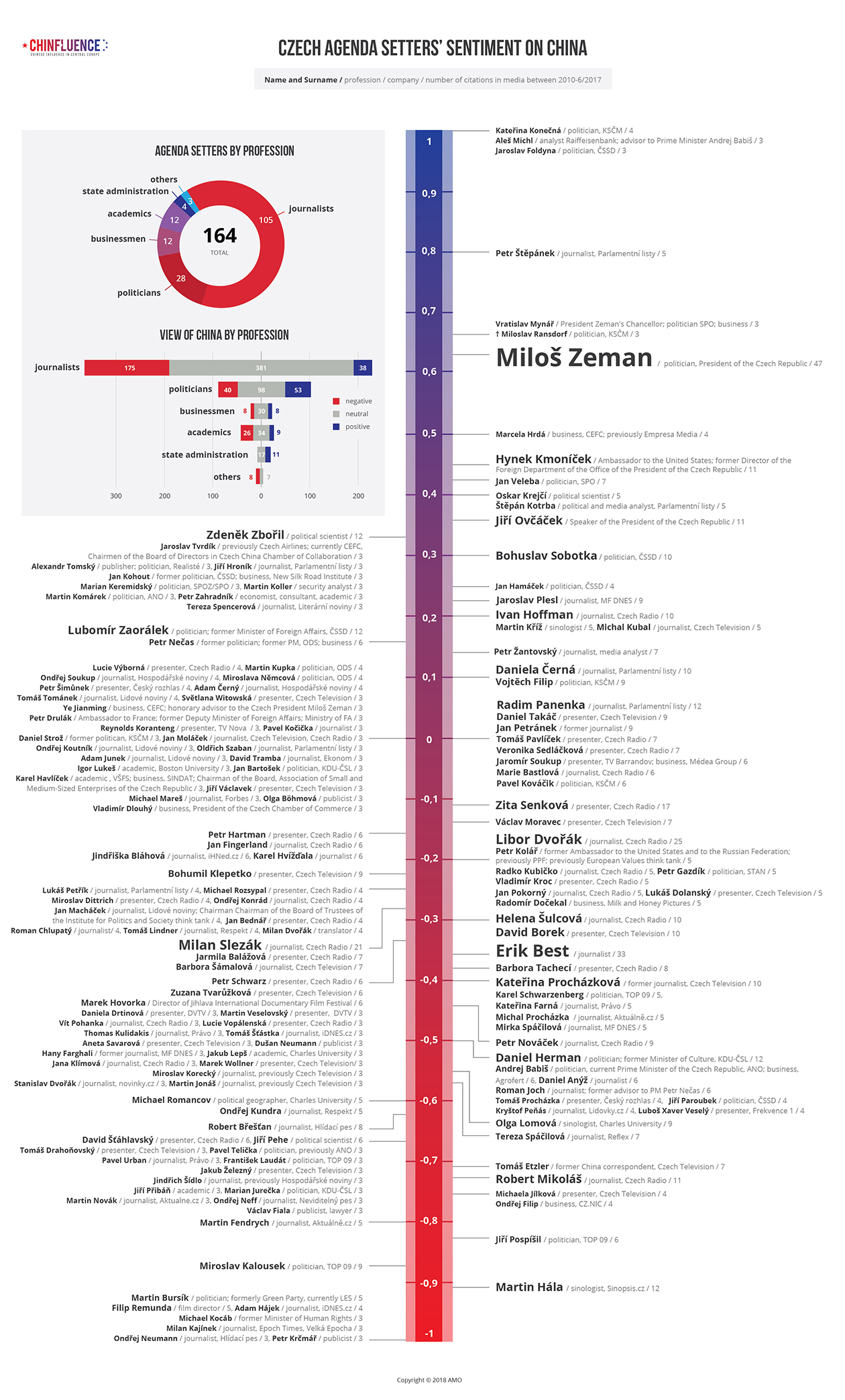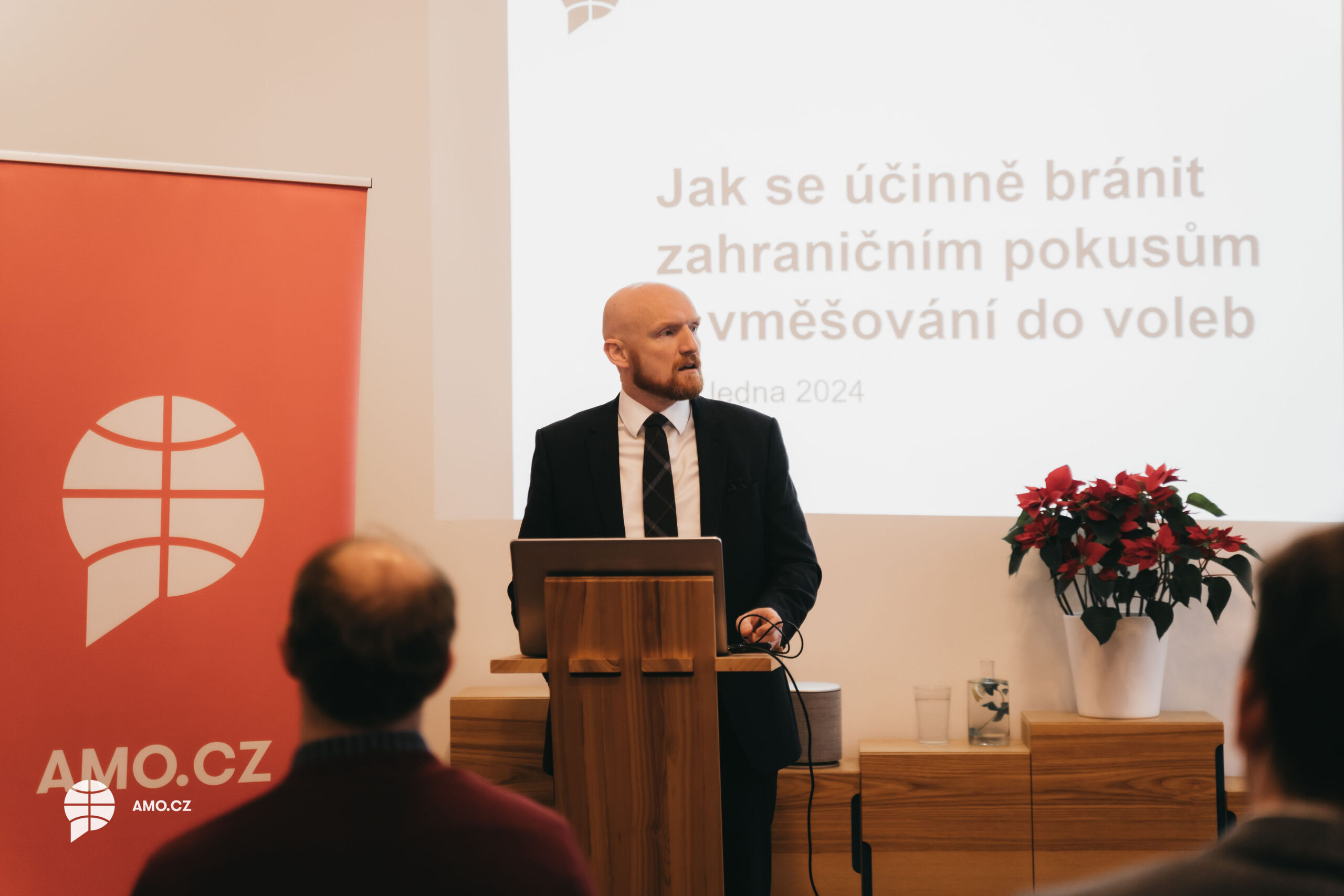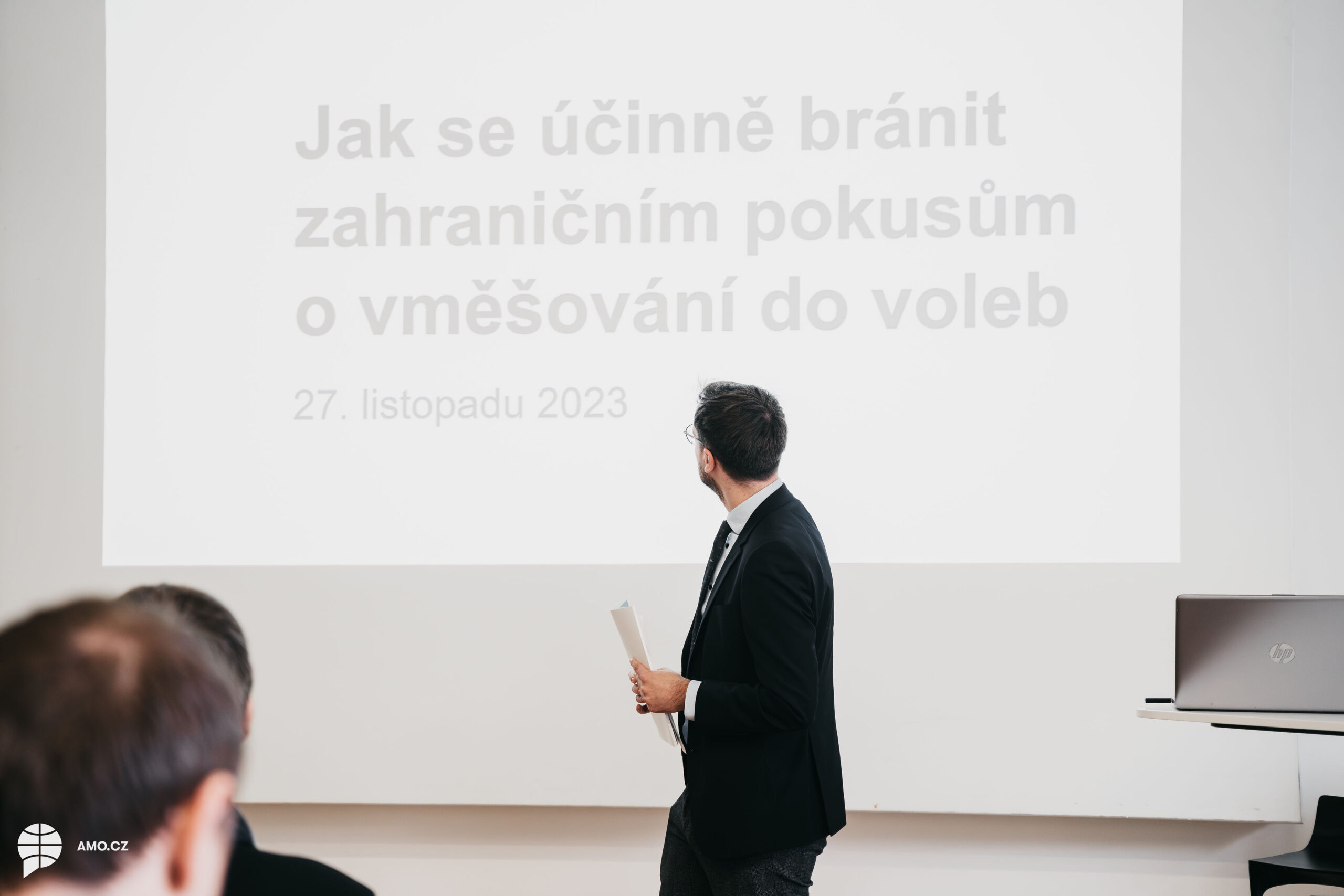Actors Influencing Czech Media Discourse on China

At this stage, researchers looked at agenda setters of the discourse – authors and co-authors of articles, sources, quoted persons, companies and institutions – and identified those who took part in the discourse directly, and those who were mentioned by others but did not contribute to the discourse themselves. Looking back to the dataset, researchers then coded agenda setters’ direct speech acts regarding China as either -1 (negative to China), 0 (neutral to China) or +1 (positive to China). The agenda setter’s sentiment value counted as an average of the sentiment in relation to the number of citations by the agenda setter in the analyzed dataset represents a position of each actor on China and vis-a-vis others on the scale.
The analysis identified 1068 individuals that made media comments about China in relation to politics and economics between 2010 and June 2017. For visualization purposes, only actors who had spoken or published pieces about China at least three times during the given period were included.
In the Czech Republic (but also in Slovakia and Hungary) the main agenda setters were journalists, which is rather logical with respect to the chosen method of research. With a hint of surprise, we note that the attitude of the journalists towards China was not influenced by the nature of ownership of the media where they worked (public or private). In both cases, the proportion of the positive sentiment towards China was low (6% of journalists working in the public media and 7% of journalists from privately owned media) and the share of the negative attitude was also nearly the same (China was perceived negatively by 28% of journalists working in public media and by 31% of those working in media outlets owned privately). The average sentiment with both groups was circa -0.26. We can therefore conclude that, regardless of who owns the media outlets, journalists form a key social group which perceives politics toward China primarily from a normative perspective and which is (for now) resilient to the strong pro-China narrative. This is with the exception of those journalists publishing in Parlamentní listy during the reviewed period. From the ChinfluenCE analysis it follows that 21% of journalists in Parlamentní listy published positive texts about China; only 5% out of them published negative comments. The average sentiment for journalists publishing texts about China in Parlamentní listy was +0.19.
Another significant group of agenda setters in the Czech Republic and in Hungary were, again rather logically, politicians. From the Czech politicians, the most active media actor (and also the most influential, with regards to his status) was the President Miloš Zeman. A self-assigned chief polemic of the Czech political scene, he has made the transformation of Czech-China relations one of his grand foreign policy goals.
Miloš Zeman may be the most prominent pro-China actor in Czech foreign policy, but he is hardly isolated. Quite the contrary. Zeman stands at the helm of a wider turn which has encompassed a majority of the Czech political representation. Indeed, only this permissive – and, to a non-negligible extent, directly supportive – milieu allowed Zeman to turn Havel’s foreign policy principles on their head and present the world’s most powerful authoritarian regime as an economic savior and a political inspiration. A closer look at the sentiments of the parliamentary political parties reveals that most of them condone this new orientation of Czech foreign policy.
Only the Christian Democrats (Křesťanská a demokratická unie – Československá strana lidová – KDU-ČSL), TOP 09 and Mayors and Independents (Starostové a Nezávislí – STAN) exhibited aggregately negative stances towards China during the researched period. After the parliamentary elections in October 2017, however, these three parties occupy only 23 chairs out of 200 in the Parliament’s Chamber of Deputies. The remaining parliamentary parties exhibited a more or less nuanced affinity towards China. This includes the right-wing Civic Democratic Party (Občanská demokratická strana – ODS); after all, in 2012, it was this party’s Prime Minister, Petr Nečas, who suggested that supporting the Dalai Lama is harmful for Czech exports, coining the term ‘dalailamism’.
Both established left-wing parties, Social Democrats (Česká strana sociálně demokratická – ČSSD) and Communists (Komunistická strana Čech a Moravy – KSČM) as well as new formations (such as the Party of Citizens’ Rights; Strana práv občanů – SPO) have held positive views of China, at least in the analyzed public discourse. The ANO party of the current Prime Minister Andrej Babiš was rather silent on the issue, with the exception of Babiš himself, who once criticized China’s approach to intellectual property rights – a claim rooted in his own negative business experience in China – and whose one tweet concerning the Dalai Lama’s meeting with Daniel Herman appeared in the media in 2016.
The positive turn in the preferences of Czech political parties is especially interesting (and more worrying) since it cannot be easily foretold by looking into their program documents, which are either silent or vague about the issue.
The more detailed analysis of political and economic links among Czech agenda setters can be found at the policy paper Central Europe for Sale: The Politics of China’s Influence (in English) and Vytváření pročínské agenda v Česku: Aktéři, jejich role a vazby (in Czech).


